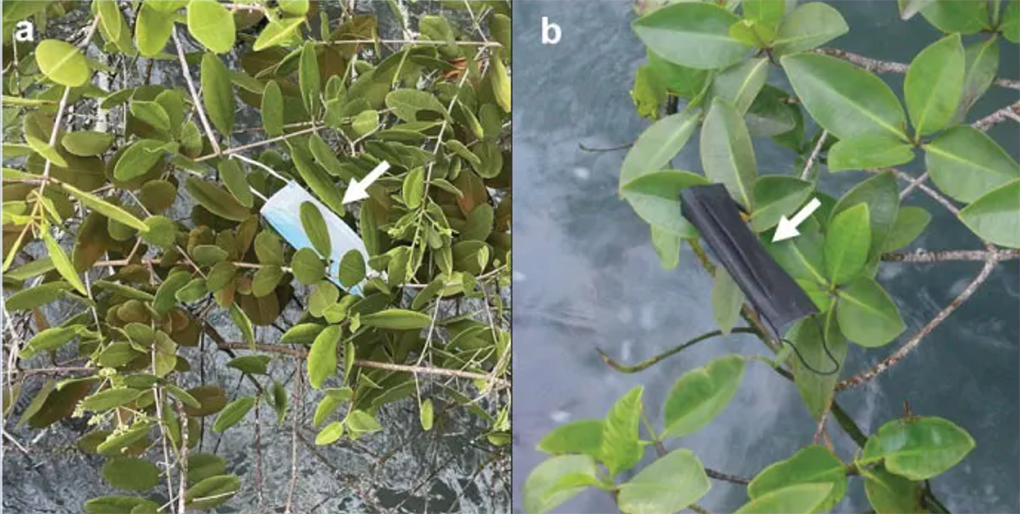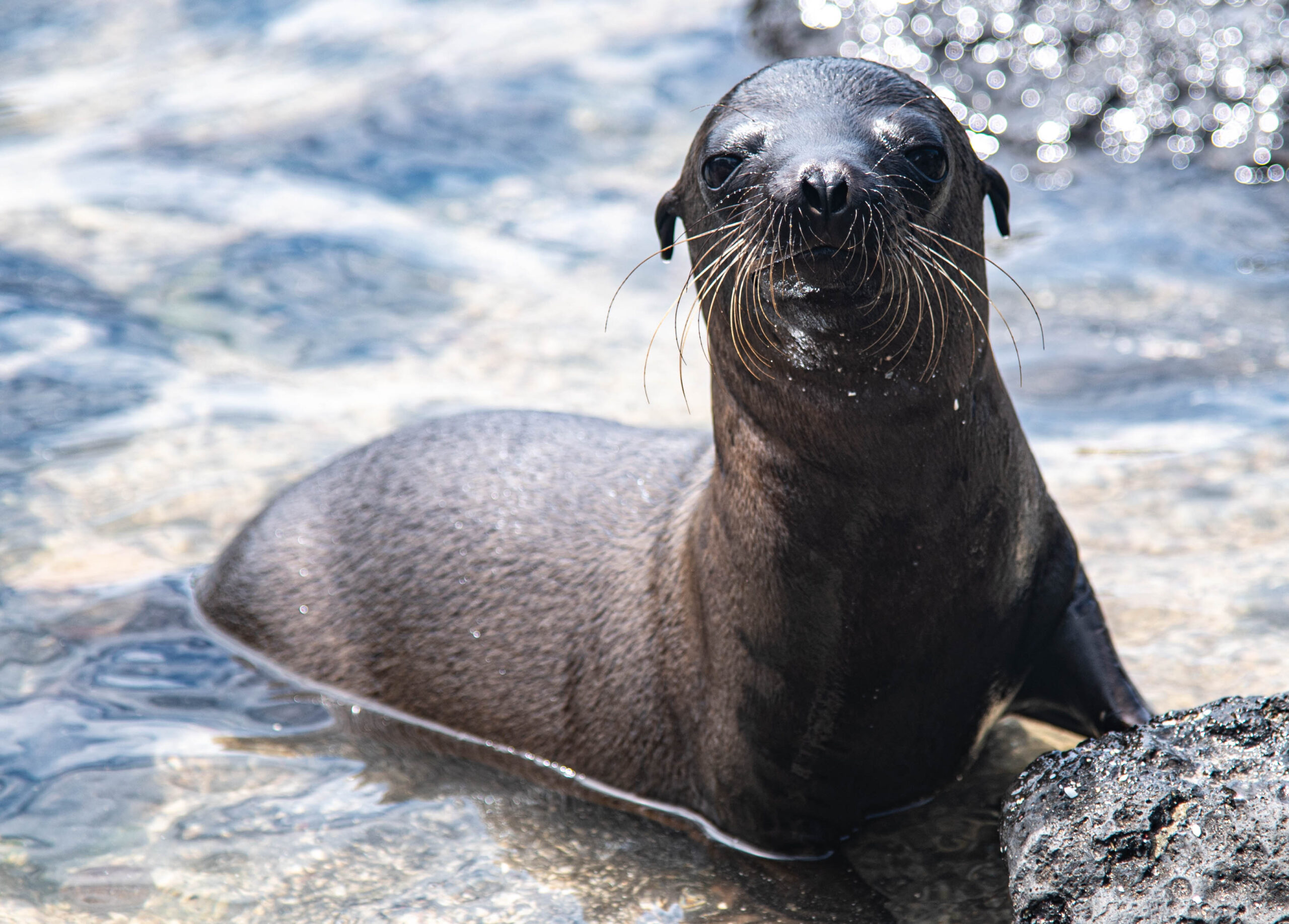Resumen
Durante décadas, múltiples estresores antropogénicos han amenazado a las Islas Galápagos. La contaminación marina generalizada, como el derrame de petróleo, los contaminantes orgánicos persistentes, los metales y la contaminación por plásticos en el océano, se ha relacionado con cambios preocupantes en la ecofisiología y la salud de las especies de Galápagos. Simultáneamente, la pesca ilegal, no declarada y no reglamentada está transformando la composición y estructura de las comunidades pelágicas endémicas y nativas de Galápagos. En esta revisión novedosa, discutimos el impacto de los contaminantes antropogénicos y sus implicaciones ecotoxicológicas asociadas en las especies de Galápagos ante los estresores del cambio climático. Destacamos la importancia de considerar la presión pesquera y la contaminación marina, combinadas con los impactos del cambio climático, al evaluar la aptitud evolutiva de las especies que habitan en Galápagos.
Obtenga más información sobre el estudio en el enlace.






